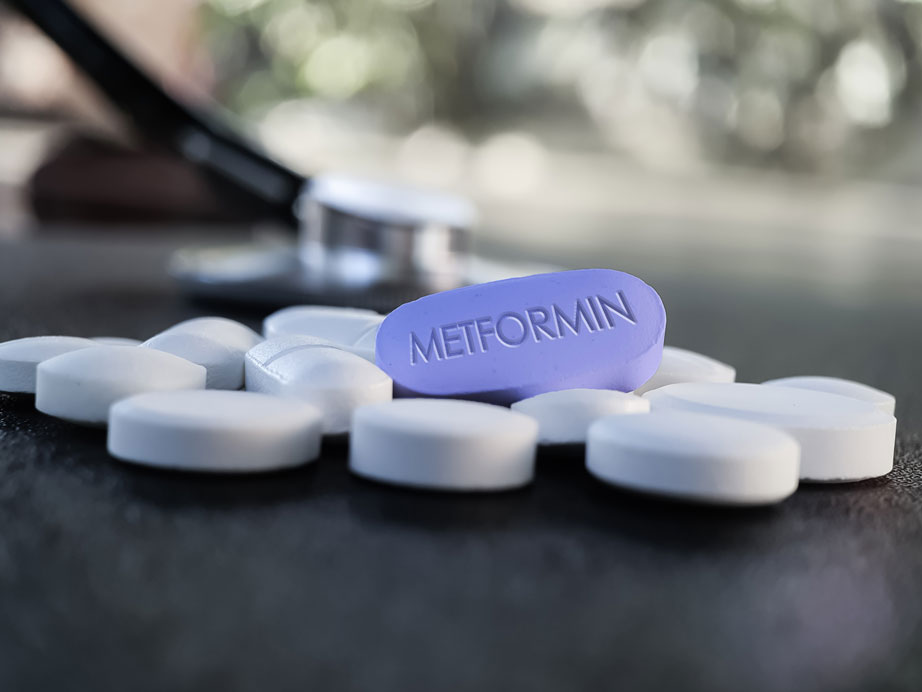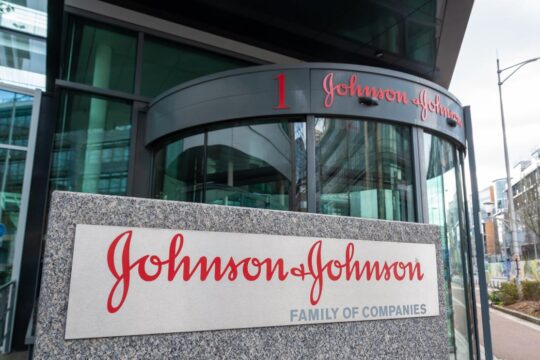Advertisment
Diabetes drugs appear to lower colorectal cancer risk

Glucagon-like receptor agonists (GLP-1 RAs), a class of type 2 diabetes drug treatments, appear to also reduce the risk of colorectal cancer (CRC) researchers reported on Dec. 7, 2023 in JAMA Oncology.
“Our results clearly demonstrate that GLP-1 RAs are significantly more effective than popular anti-diabetic drugs, such as Metformin or insulin, at preventing the development of CRC,” said co-lead investigator Nathan Berger, MD., professor of experimental medicine at Case Western Reserve School of Medicine in Cleveland, Ohio.
“To our knowledge,” added co-lead researcher Rong Xu Ph.D, professor of biomedical informatics at Case Western School of Medicine, “this is the first indication this popular weight-loss and anti-diabetic class of drugs reduces incidence of CRC, relative to other anti-diabetic agents.”
As background, the authors noted that GLP-1 RA drugs have shown efficacy as anti-diabetic and weight-loss agents. They said, “Because overweight/obesity is a major risk factor for colorectal cancer (CRC), we hypothesize that GLP-1RAs are associated with a decreased risk for CRC in patients with T2D [Type 2 diabetes] compared with non–GLP-1RA antidiabetics. We conducted a nationwide, retrospective cohort study among drug-naive patients with T2D comparing GLP-1RAs with 7 non–GLP-1RA antidiabetics, including metformin and insulin, which are suggested to influence CRC risk.”
The study population was comprised of 1,221,218 subjects diagnosed with T2D, who were prescribed antidiabetic medications from 2005 to 2019, who had no prior antidiabetic medication use and who had no prior colorectal cancer diagnosis.
Patient cohorts used for comparisons in the study were matched (1:1) for demographics, adverse socioeconomic determinants of health, preexisting medical conditions, family and personal history of cancers and colonic polyps, lifestyle factors (exercise, diet, smoking, and alcohol drinking), and procedures such as colonoscopy.
The primary outcome was the first diagnosis of colorectal cancer that occurred within 15 years from the first prescription of GLP-1RAs vs non–GLP-1RA antidiabetics.
Among 22,572 subjects with Type 2 diabetes who were treated with insulin, the researchers identified 167 cases of colorectal cancer. Among another cohort of 22,572 matched subjects treated with GLP-1 Ras, they identified 94 cases of colorectal cancer. Subjects treated with GLP-1 RAs achieved a 44% reduction in the incidence of colorectal cancer.
When compared to 18,518 Type 2 diabetes subjects treated with Metformin, 18,518 subjects treated with GLP-1 RAs achieved a 25% comparative reduction in colorectal cancer.
Notably, GLP-1RA treatment was associated with a significantly lower colorectal cancer risk in subjects with obesity/overweight when compared with insulin treatment.
“The research is critically important for reducing incidence of CRC in patients with diabetes, with or without overweight and obesity,” Berger said.





